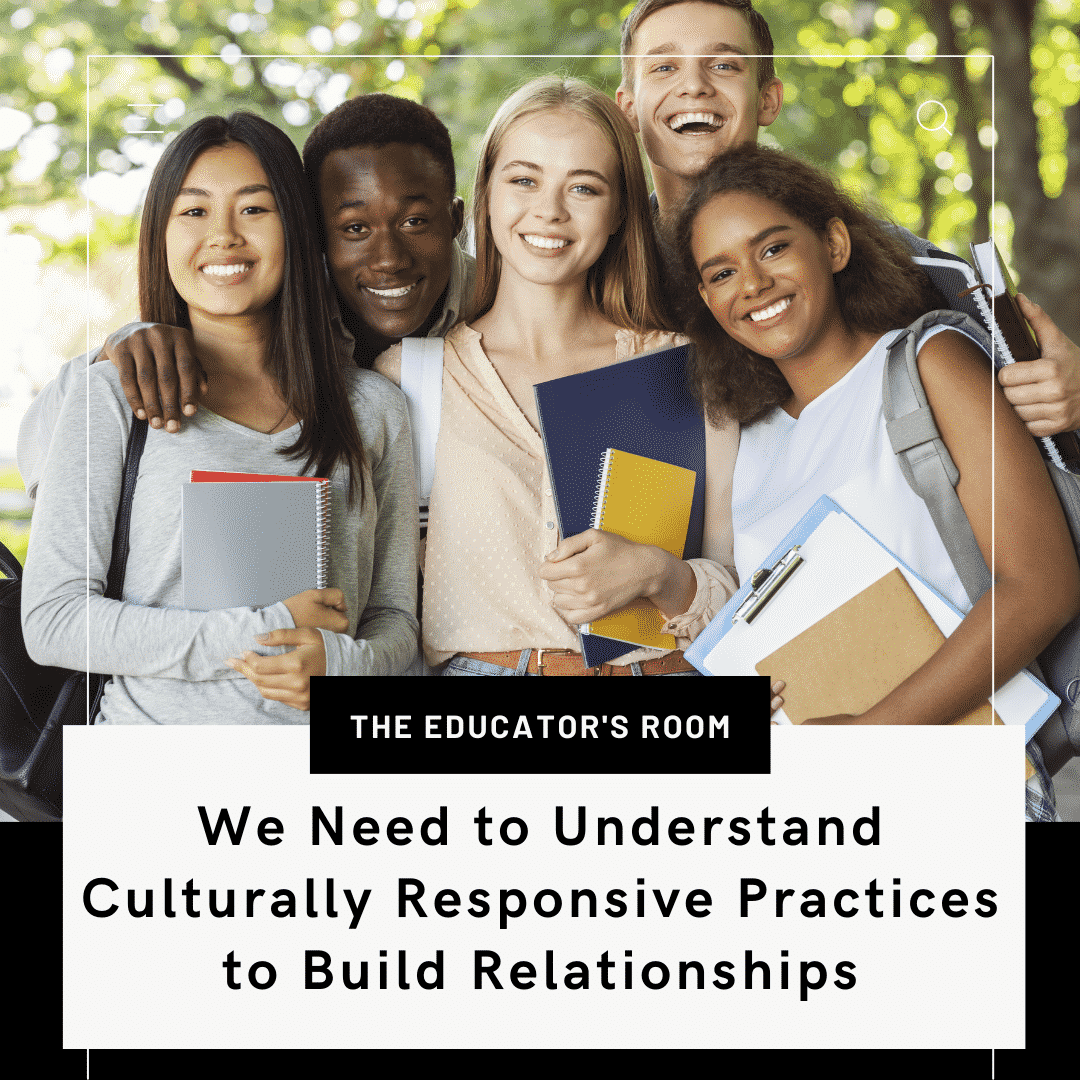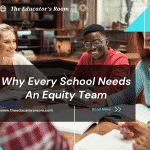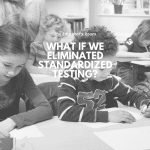P atrice Morgan, Ed.D, is an Instructional Coach for beginner teachers and an Assistant Professor in the Education Program at Kingsborough Community College located in Brooklyn, NY. The majority of her teaching focuses on supervised field courses preparing pre-service teachers to enter classrooms in a professional manner with the confidence needed to engage the minds of their future students. Building relationships and partnerships centered around trust, Dr. Morgan approaches her roles with great encouragement to foster success for all. Before joining Kingsborough’s faculty in 2010, Dr. Morgan was a Principal of a NYC Charter School and prior to that, she taught in the elementary grades for over 10 years.
atrice Morgan, Ed.D, is an Instructional Coach for beginner teachers and an Assistant Professor in the Education Program at Kingsborough Community College located in Brooklyn, NY. The majority of her teaching focuses on supervised field courses preparing pre-service teachers to enter classrooms in a professional manner with the confidence needed to engage the minds of their future students. Building relationships and partnerships centered around trust, Dr. Morgan approaches her roles with great encouragement to foster success for all. Before joining Kingsborough’s faculty in 2010, Dr. Morgan was a Principal of a NYC Charter School and prior to that, she taught in the elementary grades for over 10 years.
As teachers, we hear so many phrases and buzz words that become part of our lingo, simply put, what we know. Dr. Gloria Ladson-Billings defined culturally responsive instruction as “a pedagogy that empowers students intellectually, socially, emotionally, and politically by using cultural referents to impart knowledge, skills, and attitudes” in her book The Dreamkeepers (1994). Teachers know the importance of culturally responsive instruction and many will argue that it is part of good teaching.
Cultural references are significant in the learning process. They shape our ability to communicate (both with verbal and non-verbal cues), as well as they, influence the way we think. “We face challenges in our public schools to educate an enormously diverse student population in a country with rapidly changing demographics. Being responsive around issues like race, ethnicity, nationality, language, religion, class, gender, sexual orientation, and disability is at the forefront”(Baldanza, 2016).
As we know, there is no one teaching strategy that will consistently engage all learners at all times within each of the content areas. What we need to focus on is facilitating lessons for students to relate varied content to their own lives, backgrounds, and experiences.
[bctt tweet=”Culturally responsive teaching engages intrinsic motivation and respects students’ cultural identity.” username=””]
Best practices to develop a culturally responsive pedagogy
Reduce implicit biases by acknowledging how your own biases may influence your teaching. It is important to be honest with yourself about the inherent biases you were raised with or developed and consider ways to overcome them so they do not interfere with your teaching.
Examine the materials you are using to facilitate lessons. Ensure that your material choices meet the needs of all students in your class and that you are offering a variety of resources to build understanding.
Spend time with individual students to get to know them, not because you have to but because you are genuinely interested in who they are, where they come from, and how they learn. We need to see students as more than assessments and test scores to push through.
Provide opportunities for students to take ownership of lessons. Offer your students choices to give them a sense of ownership when possible to enhance engagement and give them a sense of belonging.
Open yourself up to criticism and model how to handle situations. Students are always watching so we need to ensure body language and facial expressions are just as appropriate as the words we choose to use.
Never blame a student for not getting it. Think about how to reteach the content rather than place fault them for not understanding. Our teaching styles need to meet the needs of the varied learners in our classes. Remember, just because we say it doesn’t mean they get it, so we need to ask ourselves what we can do differently.
Share personal stories as a learner to encourage students to open up. Students benefit from knowing that we all make mistakes at different times and it is how we respond to such situations that open us up to learning more. We want to develop environments that encourage relationships allowing students to be risk-takers in their educational journey.
Invite families through classroom visits, photographs, and/or through technology. Go beyond a potluck to learn about the many cultural backgrounds in your class. Take internet journeys, utilize the many face-face connections that can be made with computers and phones, and develop a space where students want to share their family/traditions with you.
Varied approaches will ensure greater levels of engagement. Students thrive in different ways and we need to learn how to support this in our classrooms. Allowing students to demonstrate knowledge in a way that they are comfortable with will increase interest and commitment to learning.
Empathy goes a long way; get out into your school’s community. Take walks, shop in local stores, speak with store owners, and literally walk on the paths that your students do to get to and from the school. So often, teachers have tunnel vision when walking to and from schools but this is the time to look around and take in the aspects of the world your students live in. This will enhance your understanding of them.
Be proactive
On our journey to becoming great teachers, because we know mediocracy will not cut it, we need to greet each student with a sincere welcome and genuine interest in their well-being each day, reconsider teaching methods, and design instruction to promote high levels of student engagement. Remember, you are the facilitator of learning in the active teaching environment established, and wouldn’t it be great for all students in all classrooms to feel welcomed because you have developed a responsive pedagogy? Take the necessary steps needed, don’t just know about being culturally responsive, do it!

References
Baldanza, M. (2016). Equity and Cultural Responsiveness. Professional Practices. Just ASK …..Publications & Professional Development
Ladson-Billings, G. (1994). The Dreamkeepers. San Francisco: Jossey-Bass Publishing Co.





